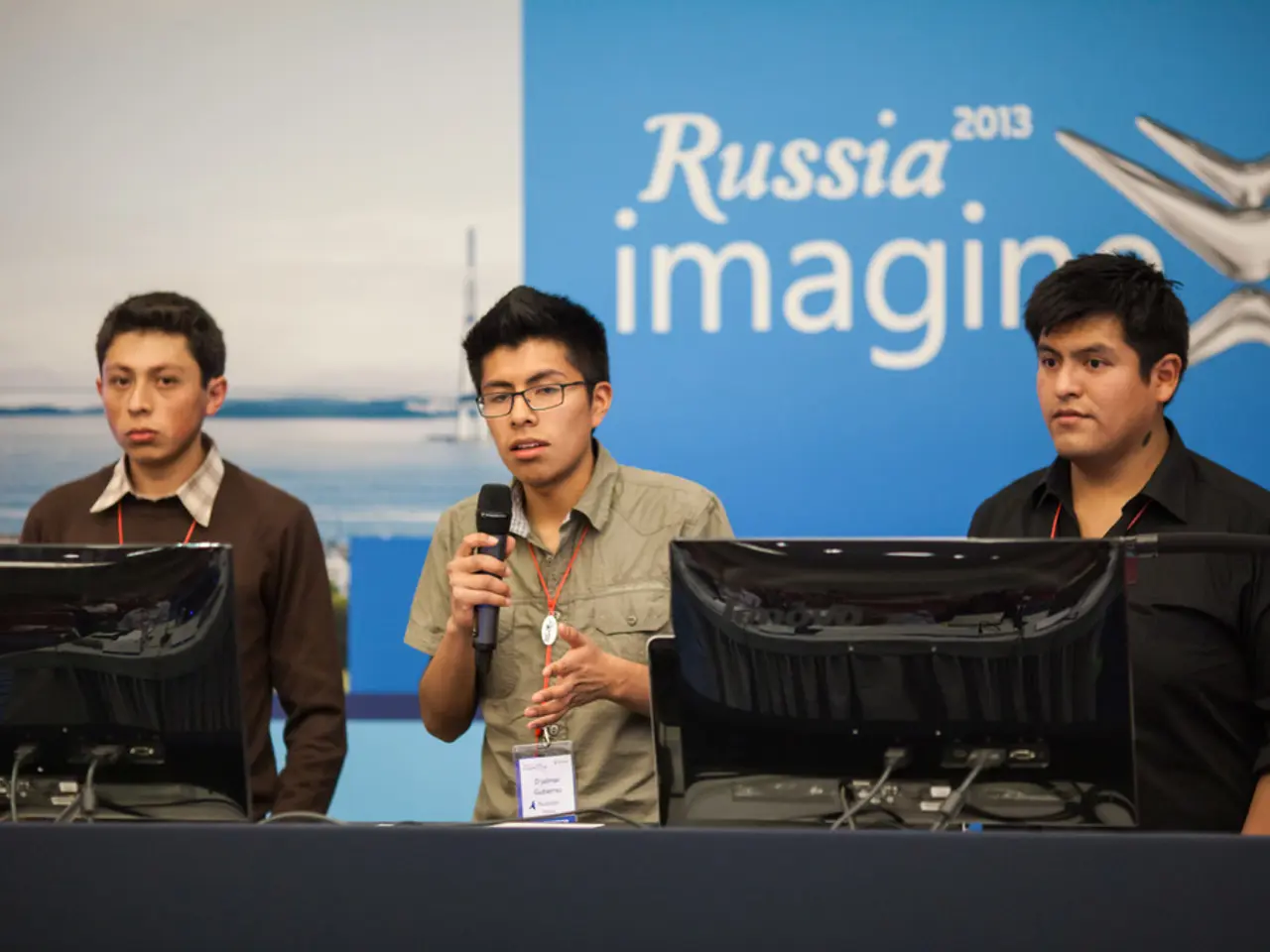Gen Z employees express concerns about AI possibly abolishing their careers andpushing them towards manual labor roles instead.
================================================================
In a significant shift driven by concerns about AI's impact on job security, Gen Z workers are increasingly turning to skilled trades and blue-collar careers. According to Zety's Gen Z Reroute Report, 65% of Gen Z workers believe that a college degree may not protect them from AI-related job displacement, and 43% have already adjusted their career plans because of AI's influence.
The report reveals that Gen Z experiences deep anxiety about AI reshaping the workforce, leading to a shift towards trade work as a perceived "AI-proof" option. This phenomenon is being referred to as the "AIxiety Pivot."
Nearly two-thirds (66%) of Gen Z workers have doubts about the protective value of a college degree, with 18% lacking confidence that their current career path will remain relevant in the next decade. In response, more than half (53%) are considering blue-collar or skilled trade careers, which they perceive as more resistant to automation and AI disruption.
Trade jobs offer several advantages that appeal to Gen Z workers. These include more independence, which aligns with their entrepreneurial spirit and desire for meaningful, self-managed work. Social media (53%) and family encouragement (47%) also play significant roles in shaping positive perceptions of blue-collar jobs, enhancing Gen Z’s openness to trades.
The report also highlights a trend of career reshaping, with 43% of Gen Z workers actively rerouting their careers by switching industries, upskilling, or moving toward trades to gain more control and stability.
AI is becoming ubiquitous across all sectors, and its impact on entry-level corporate jobs is particularly noteworthy. 72% of Gen Z workers believe that AI will eliminate entry-level corporate jobs within the next half-decade. This reinforces the appeal of trades and hands-on careers that are less likely to be automated.
Jasmine Escalera, a career expert at Zety, described this shift as the 'AIxiety Pivot'. She said, "Gen Z is responding to AI-driven workplace disruption by reconsidering the value of traditional college education and embracing skilled trades as a more stable, autonomous, and AI-resistant career path."
[1] Zety's Gen Z Reroute Report [2] Forbes: Gen Z Workers Are Embracing Skilled Trades Over College Degrees [3] Business Insider: Gen Z is turning to trade schools in record numbers [4] Fast Company: Why Gen Z is flocking to trade schools and away from college [5] CNBC: Gen Z's shift toward entrepreneurship and self-employment
This article is for informational purposes only and does not constitute financial, career, or educational advice. Readers should consult their own advisors for such advice.
- Gen Z workers, fearing AI-related job displacement, are increasingly turning towards education and self-development resources focused on blue-collar careers and skilled trades, such as those offered by trade schools, as an alternative to college education.
- Fueled by concerns about AI's influence on business and careers, Gen Z's personal growth and development priorities have shifted to include hands-on, AI-resistant careers like those in the healthcare, technology, and finance sectors.
- As AI continues its expansion into various industries, Gen Z workers are also exploring career opportunities in finance and business, believing that these sectors may offer more stability and resistance to automation compared to entry-level corporate jobs.
- Given the increased acceptance of the "AIxiety Pivot," many Gen Z workers are choosing careers that foster personal growth and have lower potential for AI disruption, such as careers in health, education, and entrepreneurship.
- Consequently, the world of work is experiencing a redefinition, with Gen Z workers prioritizing careers that promote personal development, offer more independence, and are less likely to be automated or severely impacted by AI, including skilled trades and self-employment opportunities.




